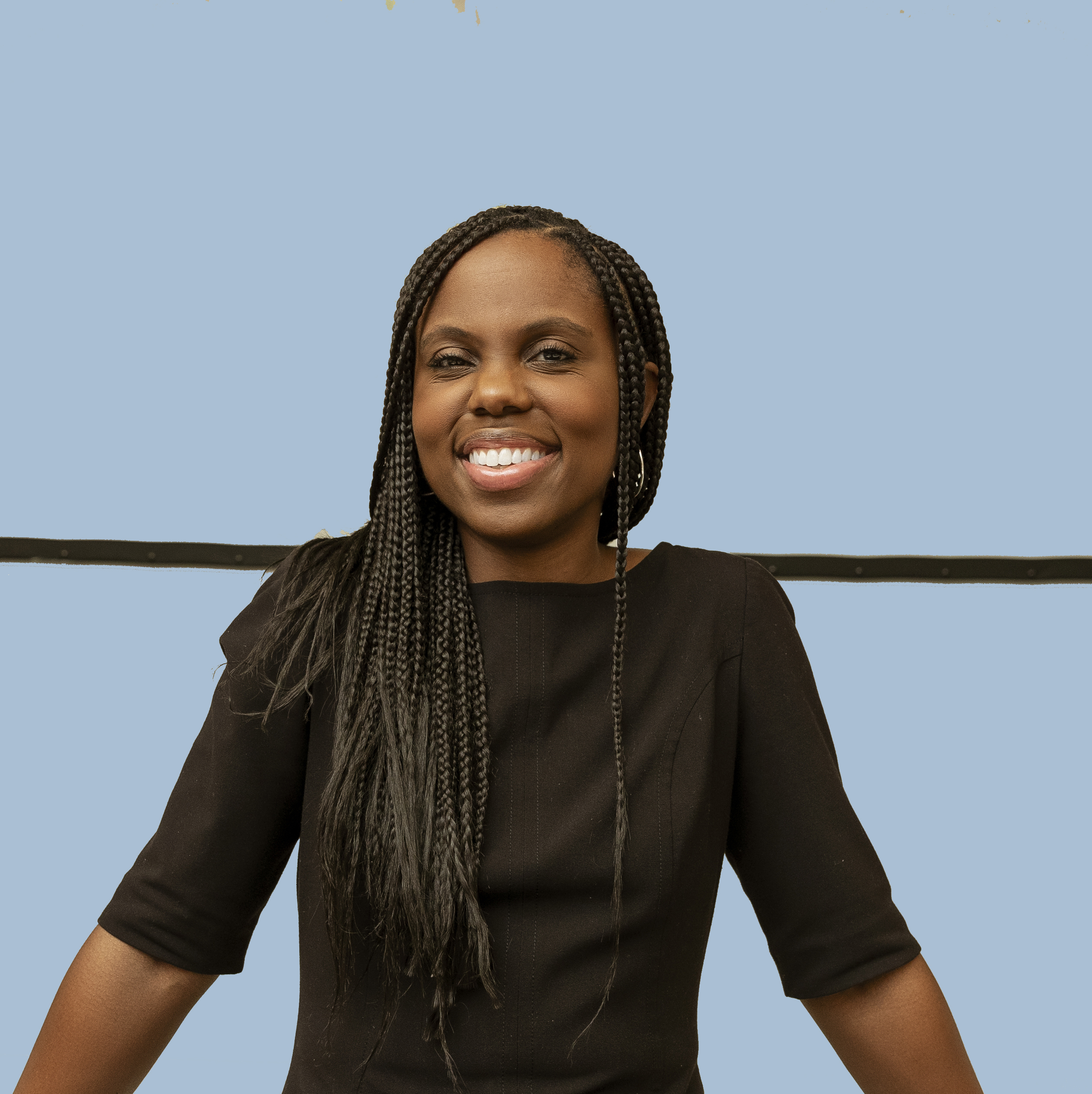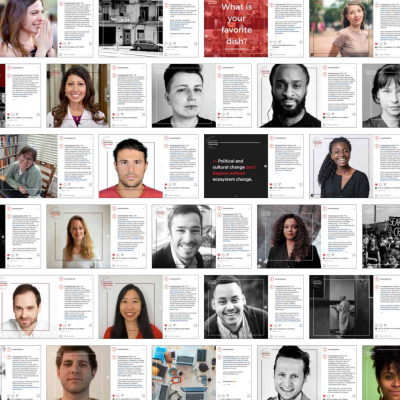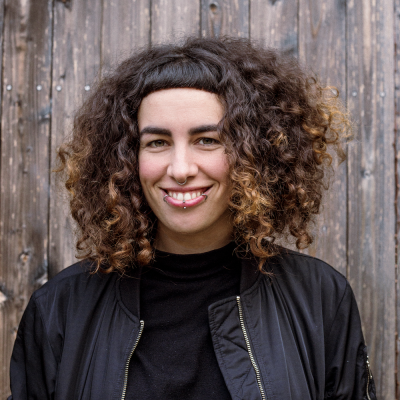Details
Article
Landecker Democracy Fellow Asha Iman Veal has joined forces with the 6018 North experimental arts and culture space in Chicago, where her new exhibition titled RAISIN will take place this fall.
RAISIN Exhibition
Asha Iman’s new RAISIN exhibition is inspired by the play A Raisin in the Sun and its author Lorraine Hansberry. Following its Broadway debut in 1959, A Raisin in the Sun has been translated into 30 languages and produced in cities globally, pointing to various local struggles against injustice.
This exhibition is a partner project of the Chicago Architecture Biennial 2021 and will feature over 30 tremendous artists. The Chicago Architecture Biennial is a free event hosted biannually at the historic Chicago Culture Center. For this year’s edition, the concept revolves around the Available City, an inquiry directed by artist David Brown revolving around “the impact collective spaces can have in cities today.”
Accompanying Events
Aside from the exhibition itself, Asha is also organizing several accompanying events. One of them is an Artist Talk with Tintin Wulia, an artist featured in the RAISIN exhibition. Tintin’s 2020 project titled “Protocols of Killings” aims to “expand the way we examine future warfare in cities, especially regarding ethics in relation to distance.”
She explores this topic by highlighting parallels between the 1965-6 mass killings in Indonesia (referred to as probably “two world’s most efficient covert actions”) with current US-led drone strikes.
The event takes place on October 15, 2021 via Zoom, with a rebroadcast on Lumpen Radio. You can find more information about the live conversation on this event program. Registration is required and available via the eventbrite website.





